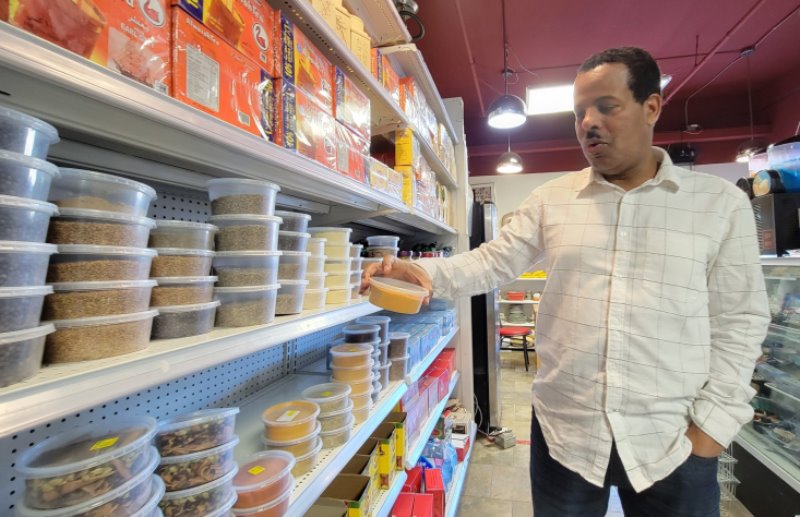
From Ethiopia to Red Deer: A Black History Month story
This story is part two of a special series rdnewsNOW is running throughout February in celebration and observance of Black History Month.
If you missed part one, you can read it here: Growing up Black in Lacombe: A Black History Month story
—
Charmingly and unassumingly, on the corner of 49 Street and 50 Avenue in downtown Red Deer, sits a store with all sorts of sweet and savoury delights imported from many thousands of kilometres away.




